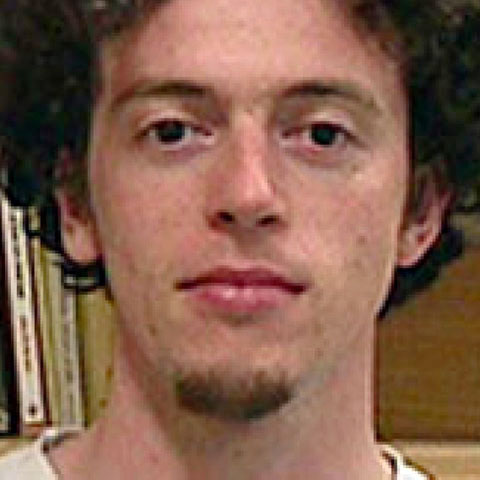Event Details

Topic description:
Ecology has recently seen the emergence of a new and controversial theory aimed at explaining the dynamics and assembly of species communities. The Unified Neutral Theory of Biogeography and Biodiversity (UNTBB) Developed by Stephen Hubbell in 2001 relies on the assumption of neutrality (in terms of vital rates) among the individuals making up the community whatever their species. The species composition and abundance evolve only by stochastic processes (“ecological drift”) under structural constraints like the rate of speciation, the size of the community and dispersion limits. The principles and mathematical structures of UNTBB were directly inspired by the neutral theory of molecular evolution developed at the end of the 60’s by Kimura and Ewens among others. Beyond the debate about the explanation of the success of their theory to fit many biogeographical data, the zealots of UNTBB claim that their theory, like Kimura’s, possess important epistemological virtues: conceptual simplicity, a great level of generality, a great unifying power. This last statement will probably spark a great interest among philosophers of biology. Indeed, in biology attempts to unify different theories have consisted on one hand to reduce a theory to another one (i.e., Mendelian genetics reduced to molecular genetics) and on the other hand to synthesize different theories together (i.e., the neo-Darwinian synthesis). So far, only physical sciences have experienced “hard” unification between theories by identification of class of models with analogical mathematical structures (i.e., Maxwell’s electromagnetism). The development of independent neutral theories in biology both at the micro (genetic) and macro (ecological) levels could give the opportunity to construct a new unifiying evolutionary theory structured by a neutral mathematical model. The necessary condition would be to find bridge terms between the two domains in order to give a coherent interpretation of this new theory. However, is it conceptually possible? Can these two theories really be unified? And is it sufficient to account for all evolutionary biology? Following Margaret Morrison’s analysis of theory unification, we will criticize recent attempts at unification, expose our analysis of the problem and discuss its limits regarding the general question to which degree evolutionary biology can become a “physical” science.
Biographical note:
Julien Delord graduated in 1998 from the leading engineering university for life sciences in Paris (INA PG) with a MSc in Ecology. He then studied the History and Philosophy of Science at the University of Paris-Sorbonne and completed a PhD in the History and Philosophy of Ecology entitled, "The Extinction of Species: Historical and Ethical Issues of an Ecological Concept." Since 2003 he has been lecturing at different French universities in the history of science and has participated in the organization of an international conference on Biodiversity at the UNESCO in 2005. His main research interest lies in the history and epistemology of ecology and in environmental ethics. In 2004, he was awarded the second prize for young researchers of the French Biodiversity Institute.


